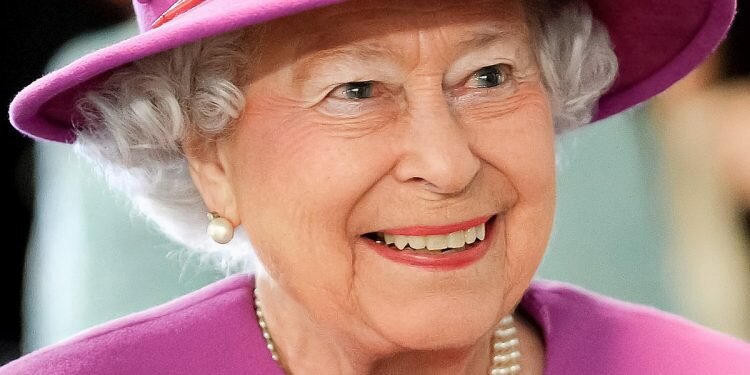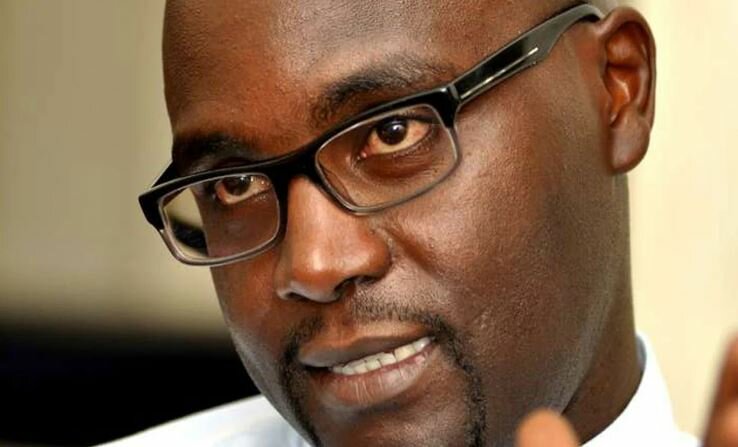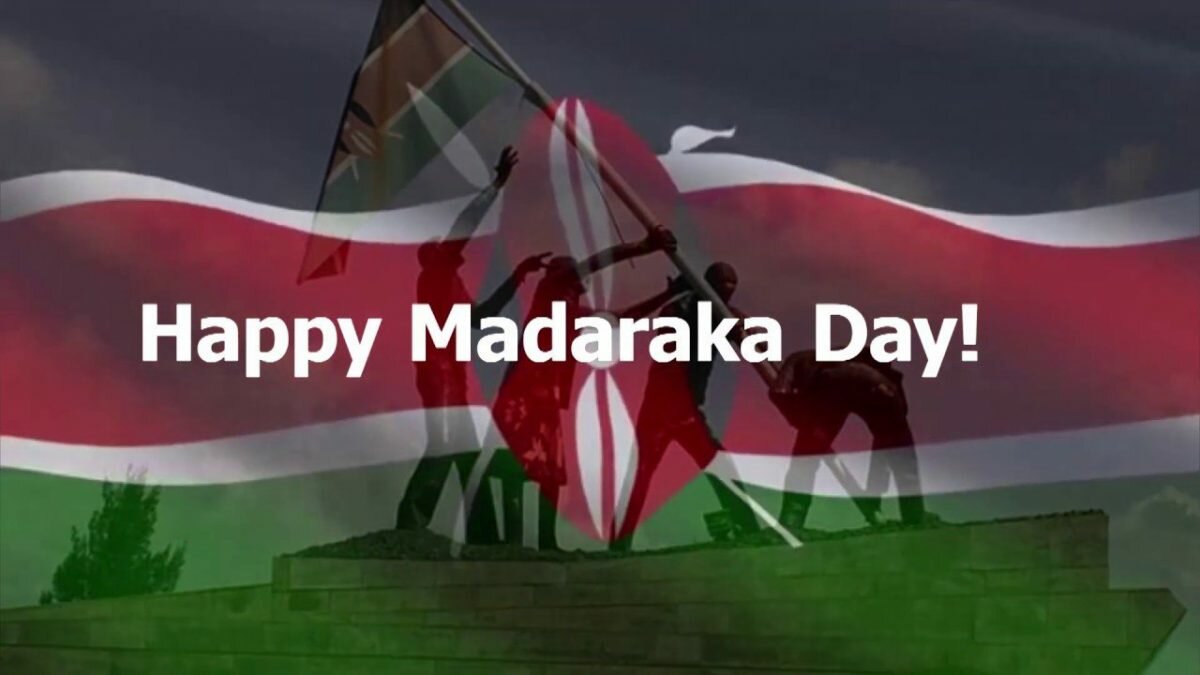National
Kenyans dissatisfied with government fight against corruption, fear retaliation if they report
Only two in 10 Kenyans (18%) believe that ordinary people can report incidents of corruption to authorities without fear of retaliation or other negative consequences.
Please Share

National
Atheists fault petition seeking to deregister society
Atheists in Kenya have protested a petition that they say seeks to create a notion that Kenya is a nation by and for believers in God only.
Please Share
National
Uhuru Gardens ready for Madaraka Day fete, says PS Kibicho
The principal secretary said they would be visiting the gardens every Thursday until June 1 to ensure all loose ends are tied up properly, promising that the celebrations will be very colourful.
Please Share
National
Queen Elizabeth mourns Kibaki as a great Statesman with commendable legacy
Kibaki will be buried at his home in Othaya, Nyeri County on Saturday.
Please Share

Please Share



